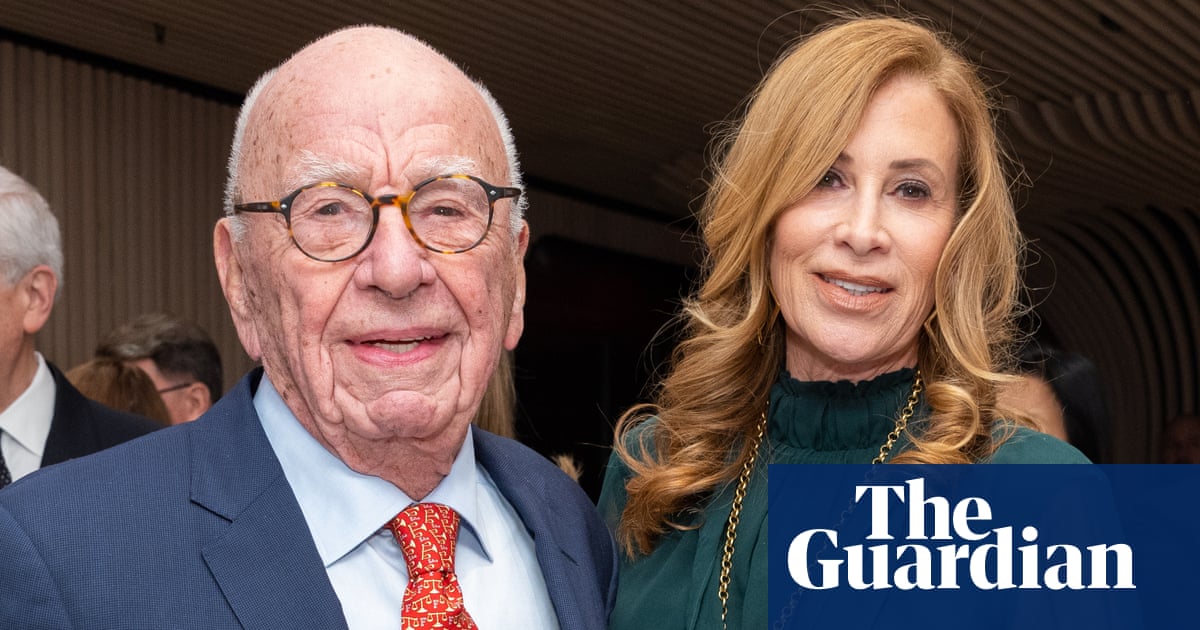
Brazil, the largest and most influential country in South America, goes to the polls next Sunday, Oct. 28, in a landmark presidential election that the controversial right-wing candidate Jair Bolsonaro could win — and win big.
However, it is not just the conservative firebrand and his leftist opponent Fernando Haddad on the ballot. Brazil’s reputation as a key emerging market and a modern, vibrant and stable democracy is also on the line.
Around 2011, the country that encompasses about half of South America’s land area and population had just experienced what now appears to have been a golden decade of solid growth and strong income redistribution. It is a key G20 state, the economy was booming and Brazil enjoyed enhanced international prestige within the so-called BRICS group of nations with China, India, Russia, and South Africa.
Finally, the nation seemed ready to look to a prosperous future after the legacy of brutal military rule from 1964 to 1989. But with Sunday’s election fast approaching, Brazil is reflecting, again, very much on its past, and may be at a major crossroads as a fledgling democracy.
This is symbolized by the former army captain Bolsonaro’s riding of a popular wave of support with a platform that includes nostalgia for the previous military dictatorship — and this alongside a host of policy positions controversial with many, both domestically and internationally, including relaxing gun laws and shredding environment legislation, such as Brazil’s commitment to the Paris climate change treaty.
The reason this matters for Brazil at large is that the nation is competing with other countries for the attention of key stakeholders such as media companies, investors and tourists. It is here that national reputation can be either a prized asset or a serious liability, with a direct effect on future political, economic, and social fortunes. This is why boosting the national reputation is an increasingly common ambition of countries in an already overcrowded global information marketplace.
The choice facing Brazil on Sunday is particularly important in the context of boosting national reputation, and also in relation to its currently dented political and economic self-confidence.
Andrew Hammond
The choice facing Brazil on Sunday is particularly important in this context, and also in relation to its currently dented political and economic self-confidence. The economy has endured the worst recession for decades after the Chinese economy began to decelerate around 2011, with Brazilian commodities losing significant value in international markets. By early 2016, the country had shed about 1.5 million formal jobs, and had double-digit inflation with its debt downgraded to junk status by major credit ratings agencies.
Indeed, 2016 turned out to be an annus horribilis for many in Brazil with the last elected president, Dilma Roussef, being forced from office — becoming the first democratically elected female president in the world to be impeached. And this amid a series of wider corruption revelations, including billions stolen from state oil giant Petrobras by private construction companies and politicians.
Also that same year, Rio de Janeiro became the first South American city to host the Olympics, which proved to be a troubled affair. Not only did the Brazilian government have to make significant spending cuts to the Games budget because of the financial downturn, the Zika virus outbreak led to more than 100 prominent doctors and professors writing to the World Health Organization asking for the Games to be postponed or moved from Brazil “in the name of public health.”
Ultimately, Zika proved to be the worst health crisis to face Brazil since at least 1918, according to the Oswaldo Cruz Foundation, a leading health institution in Rio. In 2016, the government estimated that up to 1.5 million Brazilians may have been infected with the microcephaly problems that can cause babies to develop abnormally small heads and other neurological problems.
Against the background of this malaise, the nation’s next president will be decided on Sunday. After winning over 46 percent of the vote in the first round, and almost 50 million votes, Bolsonaro is the clear favorite, and this is concerning many in the country, and internationally too.
Much media reporting has made comparisons between him and US President Donald Trump, given their records of ill-judged, controversial statements. Yet, beyond this, there is Bolsonaro’s troubling yearning for a return to the values of Brazil’s former military dictatorship.
In 1993, for instance, he declared himself “in favor of dictatorship.” Moreover, in 1999 he asserted: “I’m in favor of torture ... voting won’t change anything in this country. Nothing! Things will only change, unfortunately, after starting a civil war here, and doing the work the dictatorship didn’t do. Killing some 30,000 people, and starting with FHC [then-President Fernando Henrique Cardoso of the Brazilian Social Democratic Party]. If some innocents die, that’s just fine.”
In the current tense, polarized election atmosphere, the Brazilian Association of Investigative Journalism has registered more than 60 physical attacks on reporters. There have also been a reported string of linked violent attacks, including one case being treated as political murder by a supporter of Bolsonaro, and the election front runner himself was stabbed last month, requiring intensive care.
All of this underlines that the election cauldron the country is facing into places it at a significant crossroads. Should Bolsonaro be elected, Brazil’s international reputation could nosedive at a time when it badly needs to move on from, not add to, the political and economic troubles of the past decade.
Andrew Hammond is an Associate at LSE IDEAS at the London School of Economics
Disclaimer: Views expressed by writers in this section are their own and do not necessarily reflect Arab News" point-of-view












